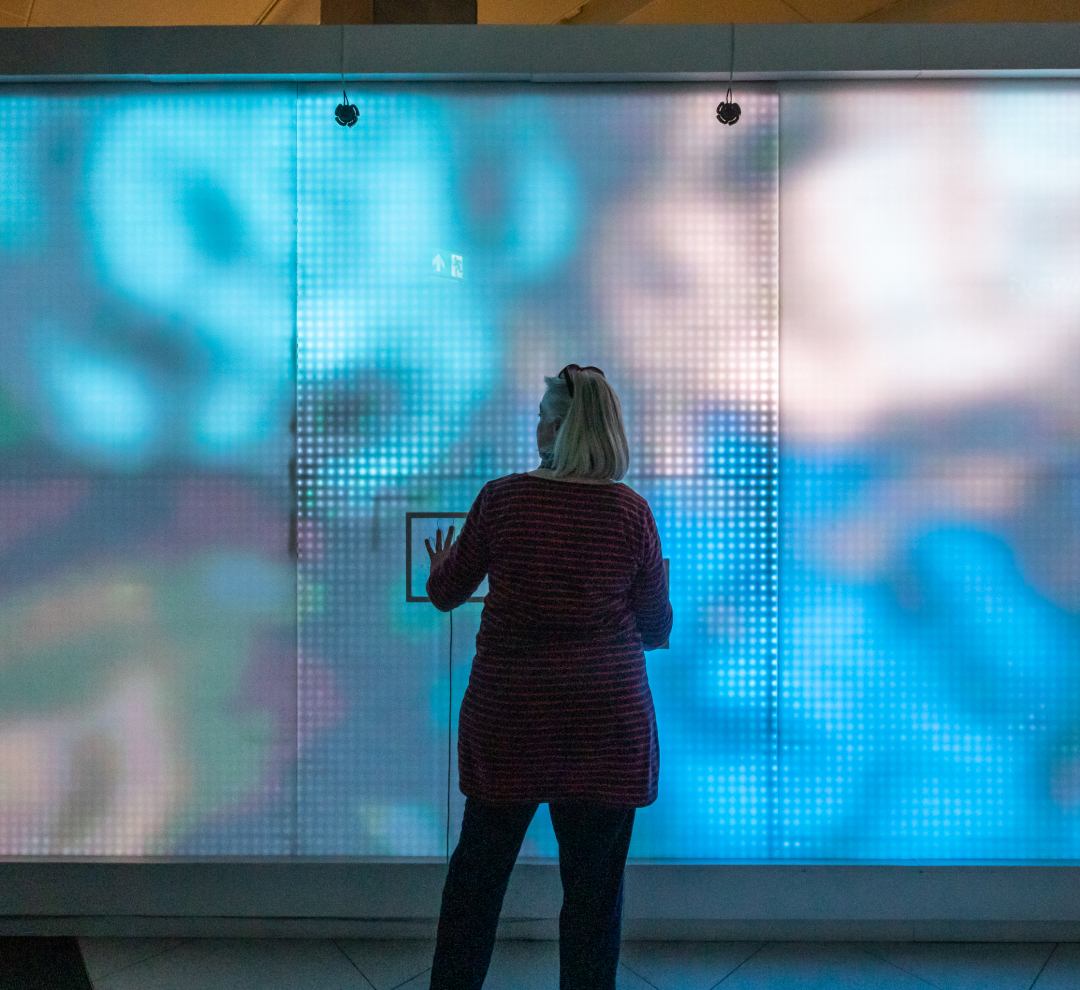
Creative Informatics had a programme-long commitment to guiding the projects we funded, as well as the wider creative community in and around Edinburgh, on best practices and thoughtful reflection on work with data and new technologies. We put this in practice through our Creative Informatics Ethics Statement. We believe that taking a proactive and reflective approach to ethics from the vary inception of a business or project enhances long-term business sustainability by mitigating potential ethical risks which could lead to future reputational or financial harms. This is a key part of establishing integrity, trust and professionalism as a business. Every creative project and business exists within the context of a wider community and society, and it is a moral responsibility to not only comply with legislative requirements but also to consider the special role the creative industries play in shaping public understanding of ethical issues and influencing public and policy behaviour towards those concerns.
The latest version of the Creative Informatics Ethics Statement was released on 23 May 2024, reflecting the updated ethical concerns for creative businesses which emerged during the course of the programme. The ethics of data-driven innovation is a rapidly evolving field, with new legislative responsibilities and governance bodies emerging to keep pace with novel moral hazards arising from new technological capabilities. As such, this Ethics Statement should be viewed as a living document to be reused, remixed, contextualised and iterated upon. This is a baseline, not a finishing line.
The Statement includes a self-review portion: “a tool for reflection with prompts to consider, document, and review approaches and practices… as a way to encourage positive engagement with legal and societal responsibilities.” The prompt questions include areas of ethical concern like legal compliance for privacy, data storage, and data security, ethical business and employment practices, inclusive design, environmental impacts, and moral and civic responsibilities. The updated Statement includes a refreshed self-review form with a new risk register for each area to help creative businesses reflect on the scope and impact of possible ethical concerns, as well as the types of risks they face.
All Creative Informatics funded projects were contractually required to address the ethical questions and good practice expectations outlined in the Ethics Statement, and throughout the programme Creative Informatics provided tailored guidance on how to meet our ethical expectations throughout a project’s lifecycle. The Ethics Statement is a core part of the Creative Informatics legacy as a means to encourage critical thinking and reflexive ethics practices among the creative industries. It could act as a template for ethics peer review, for example, or be used as a starting point for funding bodies to assess the ethics commitments and practices of companies and projects they wish to fund, including their legislative compliance around data security and information processing.
The Creative Informatics Ethics Statement has been identified as a worthwhile template for good practice by funding bodies in the UK’s creative industries ecosystem, contributing to the development of new or evolving existing Ethics Statements at organisations such as the Science Museum Group, a consortium of five nationally leading museums with a combined audience of over five million visitors, the CoSTAR AHRC research collaboration programme, XR Network+ EPSRC research collaboration programme, and the University of Edinburgh’s College of Arts, Humanities and Social Sciences. The updated open-access statement is hosted on Zenodo. The original policy has been downloaded over 1,000 times.
